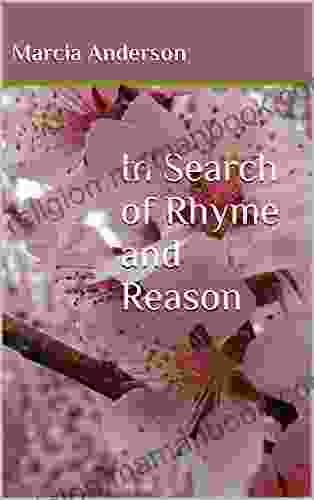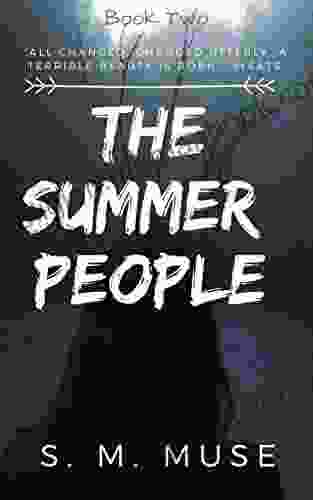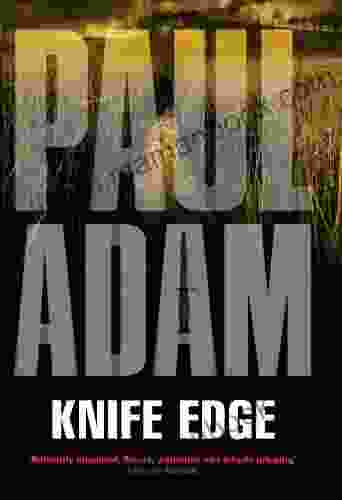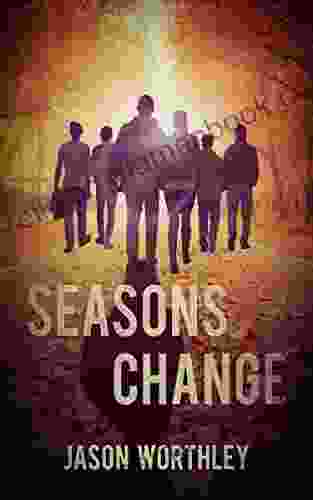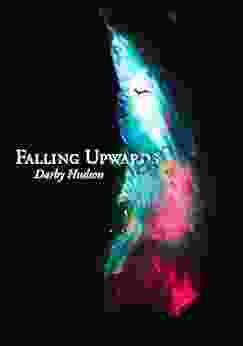In Search of Rhyme and Reason: A Journey Through the World of Poetry

The Origins of Poetry
Poetry has its roots in the earliest forms of human communication. Ancient civilizations used poetry to tell stories, preserve history, and express their beliefs and emotions. From the epic tales of Homer and Virgil to the lyrical verses of Sappho and Catullus, poetry has been a powerful tool for expression.
5 out of 5
| Language | : | English |
| Paperback | : | 24 pages |
| Item Weight | : | 2.88 ounces |
| Dimensions | : | 5.5 x 0.06 x 8.5 inches |
| File size | : | 2853 KB |
| Text-to-Speech | : | Enabled |
| Screen Reader | : | Supported |
| Enhanced typesetting | : | Enabled |
| Print length | : | 59 pages |
| Lending | : | Enabled |
Over the centuries, poetry has evolved and diversified, taking on many different forms and styles. From the structured sonnets of Shakespeare to the free verse of Walt Whitman, poetry has adapted to reflect the changing world around it.
The Elements of Poetry
Poetry is made up of a number of different elements, including:
- Rhyme: The use of similar-sounding words at the end of lines.
- Rhythm: The pattern of stressed and unstressed syllables in a line of poetry.
- Meter: The number of feet (groups of syllables) in a line of poetry.
- Form: The overall structure of a poem, such as a sonnet, villanelle, or haiku.
- Imagery: The use of language to create vivid images in the reader's mind.
- Symbolism: The use of objects, images, or characters to represent abstract ideas or emotions.
- Metaphor: A figure of speech that compares two unlike things without using the words "like" or "as."
- Theme: The central idea or message of a poem.
Interpreting Poetry
Poetry is not always easy to understand. It can be challenging to decipher the meaning of a poem, especially if it uses unfamiliar language or symbolism. However, there are a few tips that can help you interpret poetry:
- Read the poem carefully: Pay attention to the words, the structure, and the rhythm.
- Identify the poetic devices: Look for rhyme, rhythm, meter, and other poetic devices that the poet uses.
- Consider the context: Think about the time period in which the poem was written and the poet's life experiences.
- Look for patterns: Are there any recurring images, symbols, or themes in the poem?
- Don't be afraid to ask questions: If you don't understand something, don't hesitate to ask a teacher, a friend, or a literary critic.
The Power of Poetry
Poetry has the power to do many things. It can:
- Transport us to different worlds: Poetry can take us to faraway lands, introduce us to new cultures, and allow us to experience different perspectives.
- Challenge our perspectives: Poetry can challenge our assumptions and make us think about things in a new way.
- Ignite our imaginations: Poetry can spark our imaginations and help us to see the world in a new light.
- Provide comfort and solace: Poetry can provide comfort and solace during difficult times.
- Inspire us to create: Poetry can inspire us to write, paint, compose music, or create other works of art.
The Future of Poetry
Poetry is a constantly evolving art form. As the world changes, so too does poetry. New poets are emerging all the time, with new voices and new perspectives to share. The future of poetry is bright, and it is sure to continue to be a vital part of human expression for centuries to come.
Back to top
5 out of 5
| Language | : | English |
| Paperback | : | 24 pages |
| Item Weight | : | 2.88 ounces |
| Dimensions | : | 5.5 x 0.06 x 8.5 inches |
| File size | : | 2853 KB |
| Text-to-Speech | : | Enabled |
| Screen Reader | : | Supported |
| Enhanced typesetting | : | Enabled |
| Print length | : | 59 pages |
| Lending | : | Enabled |
Do you want to contribute by writing guest posts on this blog?
Please contact us and send us a resume of previous articles that you have written.
 Top Book
Top Book Novel
Novel Fiction
Fiction Nonfiction
Nonfiction Literature
Literature Paperback
Paperback Hardcover
Hardcover E-book
E-book Audiobook
Audiobook Bestseller
Bestseller Classic
Classic Mystery
Mystery Thriller
Thriller Romance
Romance Fantasy
Fantasy Science Fiction
Science Fiction Biography
Biography Memoir
Memoir Autobiography
Autobiography Poetry
Poetry Drama
Drama Historical Fiction
Historical Fiction Self-help
Self-help Young Adult
Young Adult Childrens Books
Childrens Books Graphic Novel
Graphic Novel Anthology
Anthology Series
Series Encyclopedia
Encyclopedia Reference
Reference Guidebook
Guidebook Textbook
Textbook Workbook
Workbook Journal
Journal Diary
Diary Manuscript
Manuscript Folio
Folio Pulp Fiction
Pulp Fiction Short Stories
Short Stories Fairy Tales
Fairy Tales Fables
Fables Mythology
Mythology Philosophy
Philosophy Religion
Religion Spirituality
Spirituality Essays
Essays Critique
Critique Commentary
Commentary Glossary
Glossary Bibliography
Bibliography Index
Index Table of Contents
Table of Contents Preface
Preface Introduction
Introduction Foreword
Foreword Afterword
Afterword Appendices
Appendices Annotations
Annotations Footnotes
Footnotes Epilogue
Epilogue Prologue
Prologue Tom Elliot
Tom Elliot G M Jackson
G M Jackson Weston Parker
Weston Parker Mark Posey
Mark Posey Harry Turtledove
Harry Turtledove Savannah Rylan
Savannah Rylan Richard Whitmire
Richard Whitmire C T Boudreaux
C T Boudreaux Alma Nilsson
Alma Nilsson Molly Caro May
Molly Caro May Patricia Loofbourrow
Patricia Loofbourrow Mariana Mazzucato
Mariana Mazzucato Lothar Katz
Lothar Katz Marlies Kemptner
Marlies Kemptner Jeremy Rifkin
Jeremy Rifkin Scribes Of Sulterra
Scribes Of Sulterra Jennifer Gomes
Jennifer Gomes Steven Frey
Steven Frey Jacquelyn Stagg
Jacquelyn Stagg Jennie Nicole
Jennie Nicole
Light bulbAdvertise smarter! Our strategic ad space ensures maximum exposure. Reserve your spot today!
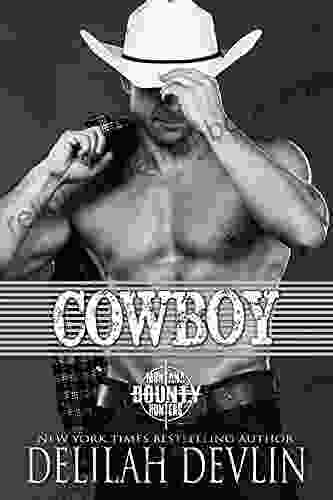
 George Bernard ShawCowboy Montana Bounty Hunters: Defending Justice in Dead Horse Mountain
George Bernard ShawCowboy Montana Bounty Hunters: Defending Justice in Dead Horse Mountain Alexander BlairFollow ·18.1k
Alexander BlairFollow ·18.1k Jedidiah HayesFollow ·4.9k
Jedidiah HayesFollow ·4.9k Gabriel BlairFollow ·4k
Gabriel BlairFollow ·4k Jayson PowellFollow ·12.6k
Jayson PowellFollow ·12.6k Robert BrowningFollow ·13.8k
Robert BrowningFollow ·13.8k Herb SimmonsFollow ·9.9k
Herb SimmonsFollow ·9.9k Edison MitchellFollow ·11.4k
Edison MitchellFollow ·11.4k Alfred RossFollow ·11.9k
Alfred RossFollow ·11.9k
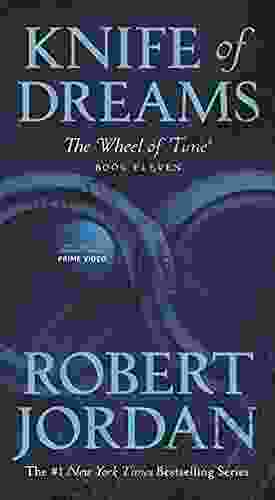
 David Peterson
David PetersonUnveiling Eleven of the Wheel of Time: A Journey Through...
In the vast and intricate...

 Curtis Stewart
Curtis StewartEbony Jay Rice: A Rising Star in the Entertainment...
Ebony Jay Rice is a force to be reckoned...
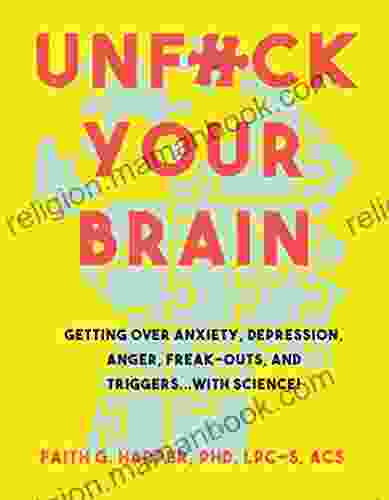
 Matt Reed
Matt ReedNavigating Mental Health with Science: Overcoming...
Mental health is an integral part of...
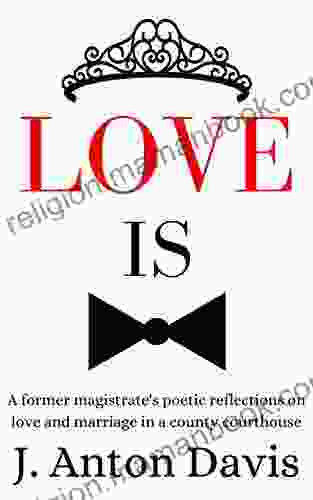
 Guillermo Blair
Guillermo BlairFormer Magistrate's Poetic Reflections on Love and...
In the hallowed halls...
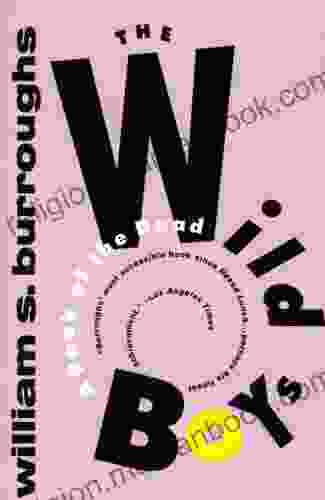
 Corey Green
Corey GreenOf the Dead: William Burroughs' Post-Beat Masterpiece
William S. Burroughs' Of the...
5 out of 5
| Language | : | English |
| Paperback | : | 24 pages |
| Item Weight | : | 2.88 ounces |
| Dimensions | : | 5.5 x 0.06 x 8.5 inches |
| File size | : | 2853 KB |
| Text-to-Speech | : | Enabled |
| Screen Reader | : | Supported |
| Enhanced typesetting | : | Enabled |
| Print length | : | 59 pages |
| Lending | : | Enabled |


